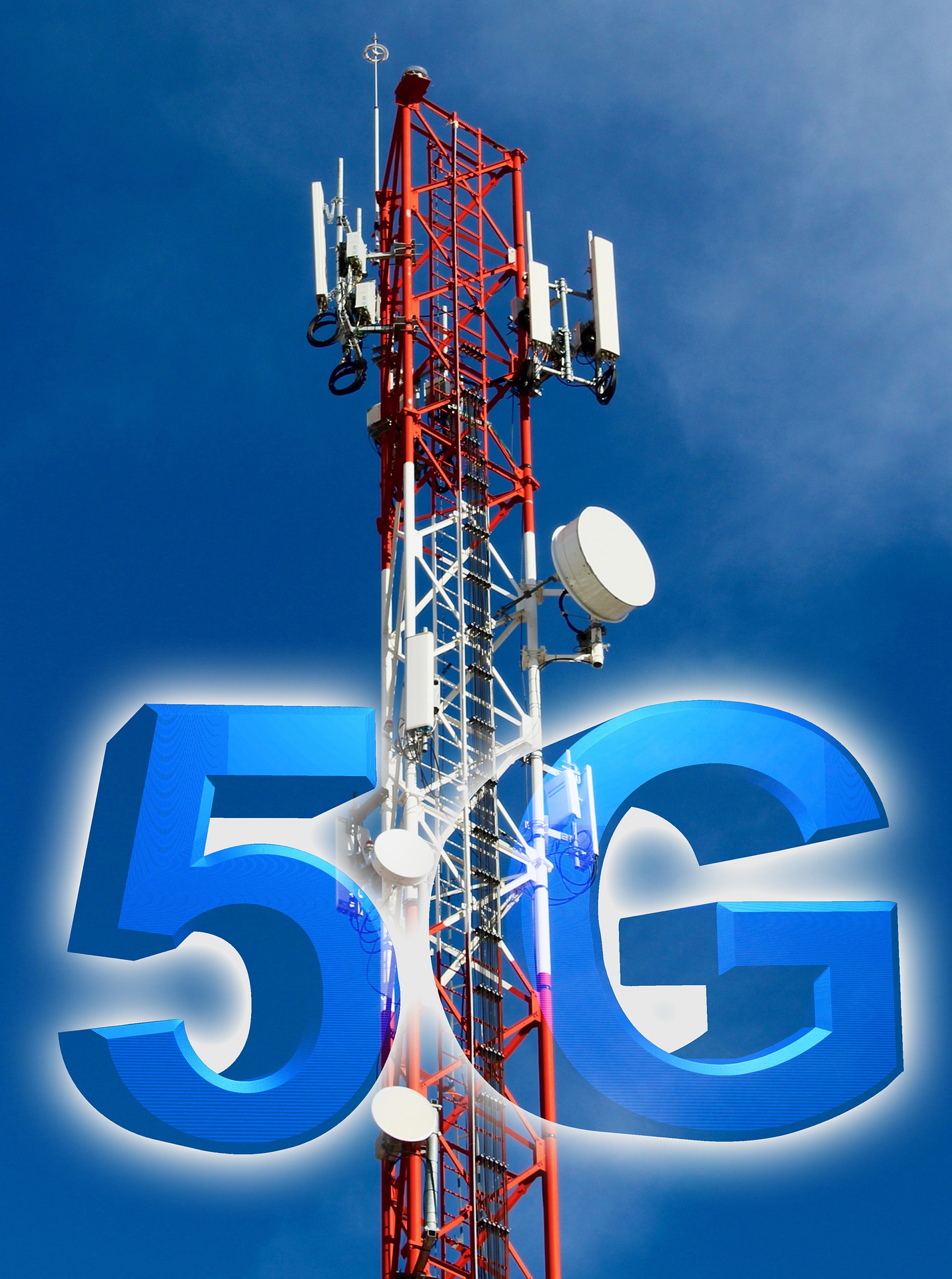Access to a quality healthcare system and services is crucial to promoting and maintaining overall well-being. It offers proper help and support for diagnosis, prevention, and treatment of diseases and the reduction of premature death.
At present, the healthcare industry has undertaken initiatives in telemedicine, robotics, remote patient monitoring, and data collection and analysis. It also continuously improves patients’ access to doctors, increases the efficiency of healthcare delivery, and boosts desired results with the latest healthcare technologies, including the 5G network technology.
Integrating this powerful technology into healthcare allows near-instantaneous transmission of large amounts of medical data for future research and rolling out of newer and more powerful mobile and IoT devices. As wireless operators continue to invest in building the infrastructure needed for widespread 5G coverage, this will revolutionize how healthcare is delivered.
How Will 5G Transform Healthcare?
1. It connects smart devices and medical data
With ultra-fast 5G networks that showcase their speed, connectivity, and bandwidth, you can expect better healthcare in the future. Since it lets healthcare providers collect data continuously, medical experts can recognize trends early and identify health issues more accurately. They can provide more personalized care and help patients attain more successful outcomes.
2. It makes comprehensive healthcare accessible
Access to healthcare is important. Unfortunately, many patients, especially those in remote areas, have trouble reaching out to health professionals or lack access to certain medical specialties due to their locations.
The most important benefit of 5G technology is offering support for remote access between patients and their doctors as this brings highly specialized and responsive health expertise to communities. Using this technology in healthcare allows the widespread use of remote medicine.
It provides networks with the necessary bandwidth, latency and reliability, which lets high-speed transmission of medical images in real-time. For instance, surgeons will be able to conduct procedures with powerful tools, like Augmented and Virtual Reality (AR/VR) and robotics. These robots will assist in procedures in operating rooms and will be integrated with advanced telecommunications networks.
3. It promotes the use of wearable technology
Wearables are wireless devices that can help patients manage chronic conditions. They monitor and transmit medical data and allow healthcare professionals to collect and analyze their data and identify problems right away. Some data that can be gathered will be from insulin pumps, sleep monitors, blood glucose monitors, pacemakers, or continuous positive airway pressure (CPAP) machines.
Wearing these devices will let doctors spot early warning signs and determine if the symptoms are either improving or deteriorating. Since all necessary data can be collected from the wearables, patients can avoid the hassle of scheduling appointments and visiting hospitals or clinics.
Conclusion
To sum it all up, a 5G-enabled digital medicine broadens access to healthcare and provides a better patient experience. As it increases the availability of the latest healthcare technologies and allows healthcare professionals to monitor and collect diagnostic data from their patients quickly and conveniently, it reduces the distance between patients and their healthcare providers and makes healthcare delivery more efficient than ever.
To stay on top of current trends in healthcare, browse the many other health news articles available on Dose of Healthcare. We offer daily doses of healthcare news worldwide.


















